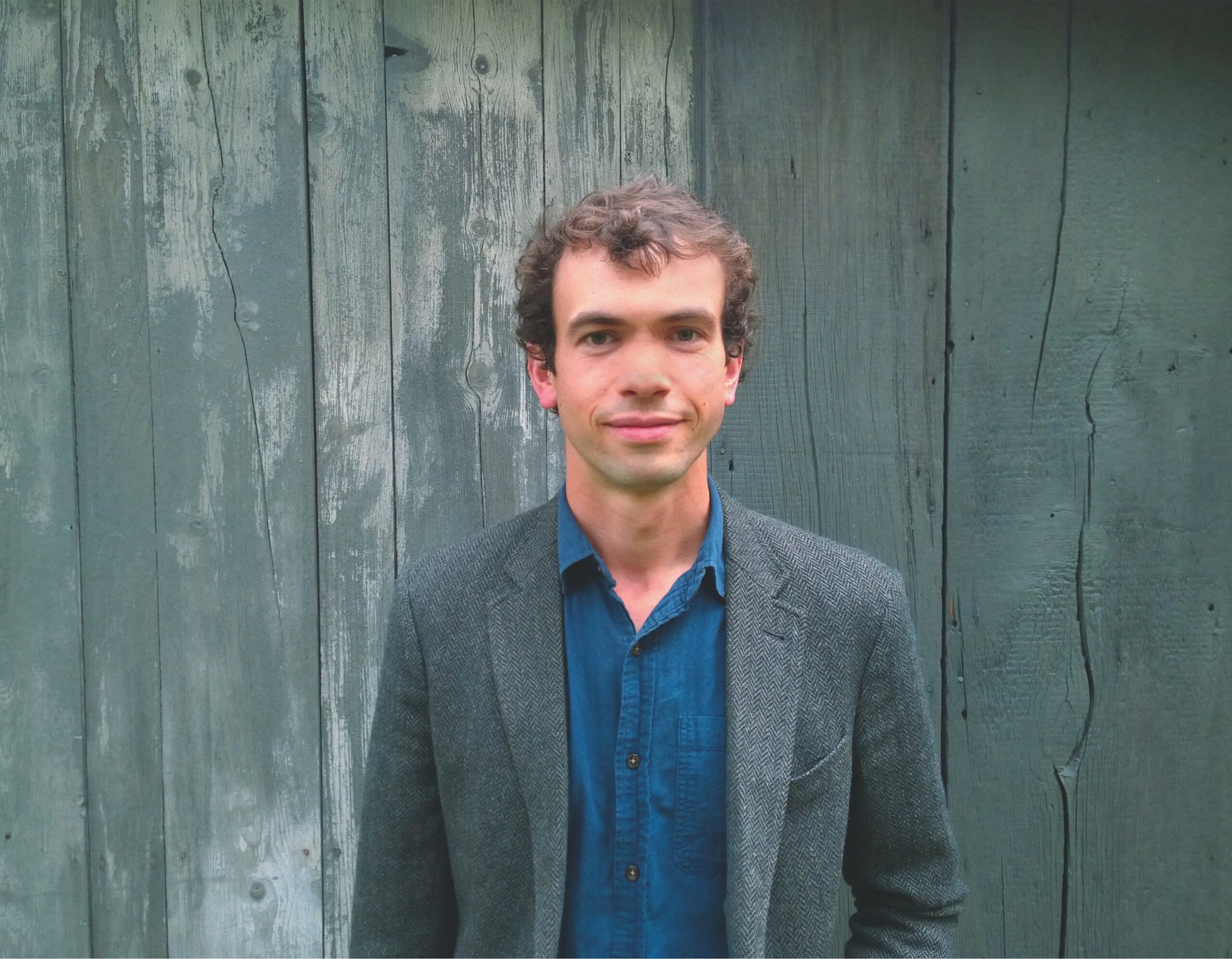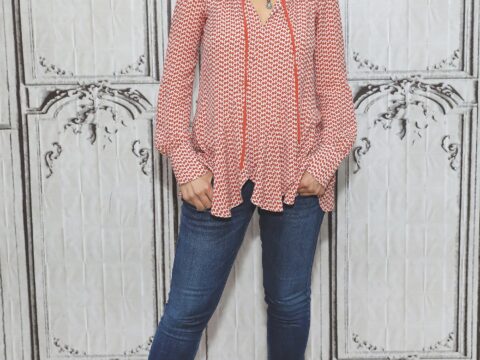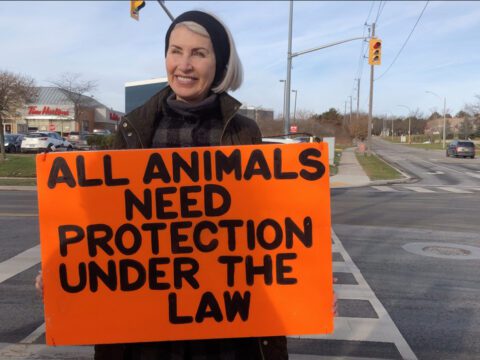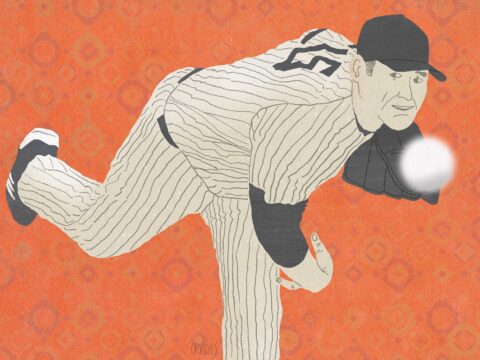Timothy Wisnicki has an unusual combination of degrees. He holds a bachelor of science from the University of Toronto with a specialization in immunology. And he recently earned a master of theology from Emmanuel College, with plans to pursue ordination.
On a pull to the church: I continue to value and love science — particularly immunology, which has this imaginative appeal of fascinating wars going on inside your body. But when you’re in a lab, you start to realize just how powerful the engine of science is, and you can be lost in that mechanism. I didn’t see myself finding sufficient meaning in that.
I grew up in the United Church and found it animated me. But there was always an atmosphere of doom and gloom about religion — it was declining, a dying enterprise. Eventually, I realized I should put my money where my mouth is and try to revitalize it in whatever way I could. Because if I continued to treat issues of God as sideline projects, I’d find those things I loved most about church no longer accessible.
On making the switch: The atmosphere these days is that religion is not really intellectually tenable. The people I was studying immunology with modelled a kind of curiosity and intellectual hospitality for other ideas, and it became clear to me that I didn’t need to be ashamed of going into theology.
What pushed me over the edge to apply was watching The Seventh Seal, a film all about God’s silence in the face of suffering. In the final few minutes, the main character is faced with Death, but he prays on, looking to the God who must be there. Because nothing else would satisfy him. And that’s more or less how I felt: deep conviction that no one is going to tell me there isn’t a God, and if they did I wouldn’t trust them anyway because I have a science education and am a critical thinker.
More on Broadview:
- Why these Asian Canadians are leaving their parents’ churches
- She felt disconnected from Christ. Outdoor church brought her back.
- Why I left Christian Science
On the pandemic: I, of course, asked myself, “You have training in immunology; there’s a pandemic going on; are you doing the right thing?” But there is so much scientific energy and so many brilliant minds solving these problems. Those vaccines were manufactured within the first few months. My contributions to that would have been infinitesimal.
Pastoral care and theological reflection on the pandemic are also important, but there are fewer people doing those. My contributions in the life of the church and the life of people trying to find meaning and react to this, I think, could be great. There was more need in that sphere.
We found the importance of being a comfort to people in situations of loneliness and solitude and despair and frustration and disappointment. It’s certainly shown the importance of worship. There have been so many people who have been so effusive and grateful that they have access to church online, or in whatever form it takes, realizing what a gift that is.
On going forward: I plan to keep studying both science and theology. I find their intersection, putting them in close dialogue, fascinating. I don’t think we will ever find a telescope that’s big enough that we see God, or a microscope powerful enough to direct us to God. But I do think that theology and science within their own spheres each help to provide really valuable perspectives that, together, might illuminate the world as a whole.
***
This interview has been edited and condensed for length and clarity. It first appeared in Broadview’s January/February 2022 issue with the title “I felt a deep conviction.”
Kate Spencer is a writer in Halifax.















I feel the same way as Timothy does about the intermingling of science, theology, and the exploration of divine presence in our world because it represents the next stage of spiritual awareness in our world and allows for the possibility of exploring deeper the still undiscovered mysteries of our spiritually charged universe. The learning possibilities are endless in what Timothy is focusing on as part of his exploration of faith, and should be for all of us, I believe, as we seek to gain a more holistic understanding of what is happening all around us. I sincerely feel that this way of thinking is an essential part of our spiritual and religious evolution whereby some of the restrictions of old are loosened even more so that the possibilities of new and exciting discoveries in these two fields of human existence can be realized. It is time to openly and honestly begin the process of working to alleviate the fears that are currently associated with, and between religion and science so that all of what is a part of our universe can be put into perspective, scientifically, religiously, and otherwise.
There is a word of caution however, science must support Christianity, and Christianity must support the science.
If the two disagree, it becomes a man-made theory (such as evolution or claims of more than two biological sexes) rather than a God centered reality (such as “How unsearchable are His judgments, and untraceable His ways.” or physical laws that are constant)
Science cannot “prove” God. Often today, their effort is trying to prove who He is not.
It is interesting that “modern science” is the result of Christians (like Timothy in this article) trying to wrestle with existence, thus proving God’s claims through His Word, and that He must exist.